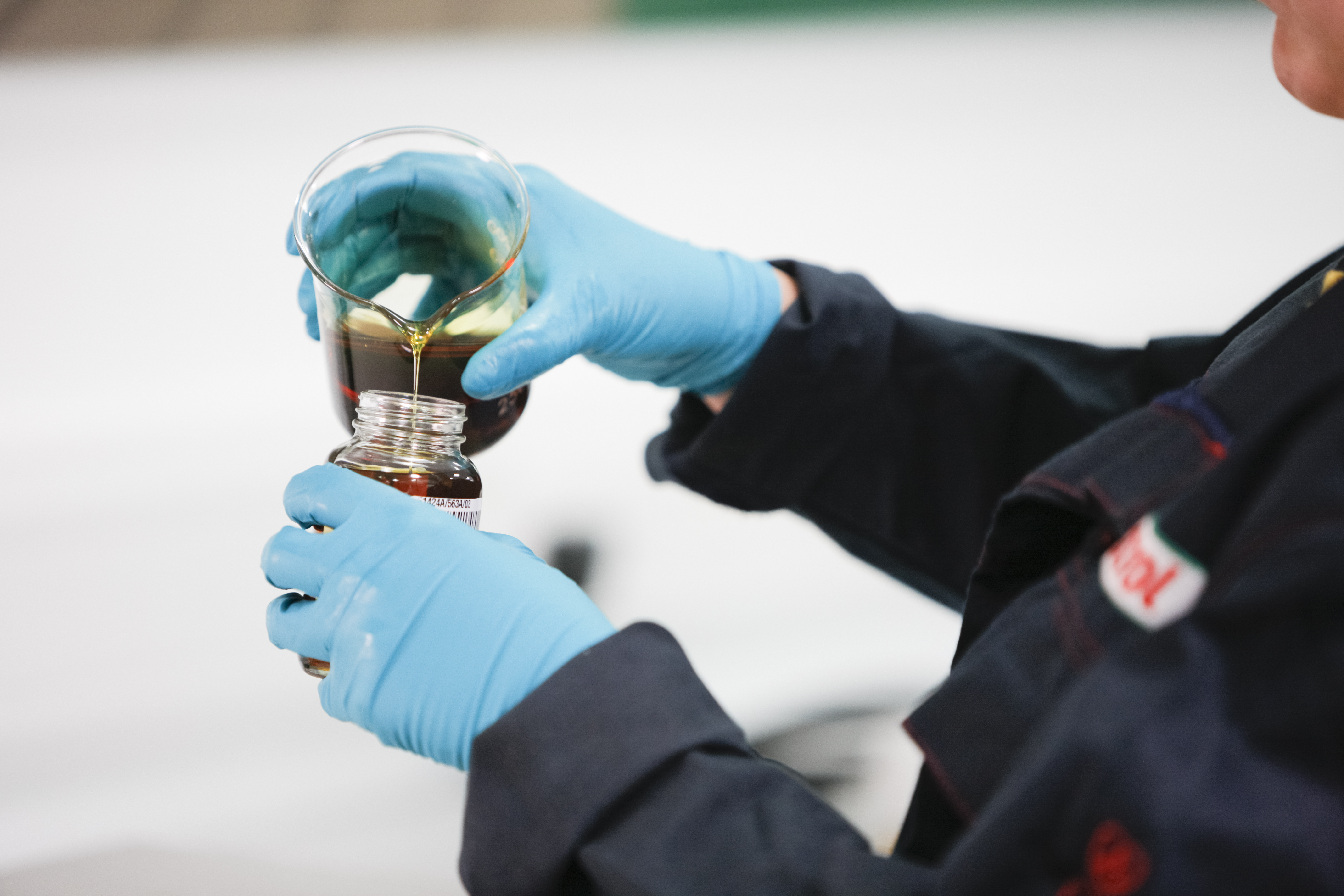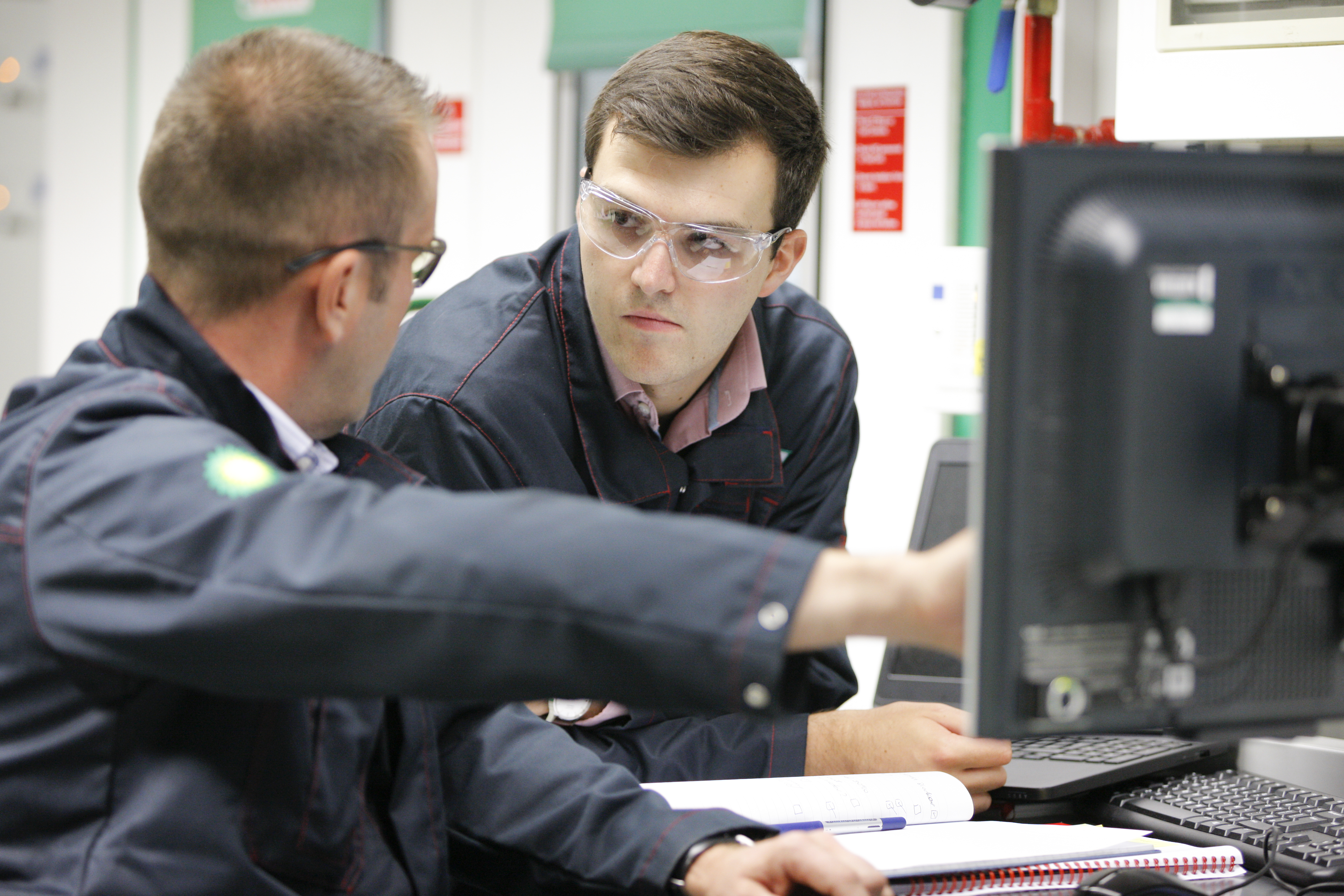
The secrets of the race: behind the scenes with Castrol and Renault Sport
Castrol sent an aspiring engineer to a Grand Prix with Renault Sport Racing. This is his story
You could call it the ultimate work experience week. For Marcello D’Aprile – a 21-year old MEng student at Imperial College, London – an invitation to spend the day with Renault Sport Formula One Team and pay a visit to Castrol’s UK Technology Centre made perfect sense. An opportunity to get a bit of insider knowledge; at the very least, a chance to impress the tutors at the start of next term. But that wasn’t all. The final three days of the week would then be spent with the same Renault team at the British Grand Prix and, for a self-confessed petrolhead and F1 fan, perfect sense was now a total no-brainer.
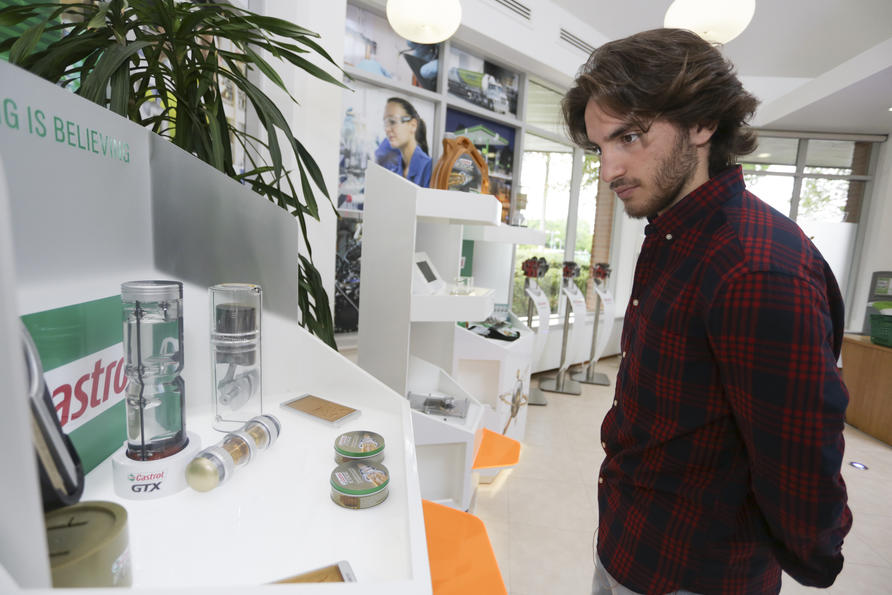
He is as perfectly placed as anyone in the sport to provide a team’s perspective into why a technical partner such as Castrol is so important to success. “Castrol is a tremendous partner, a great enabler,” explained Bell. “There are two key elements to Formula One that you’ve got to get right: reliability and performance. Castrol is a key partner in enabling us to do what we have to do across both, to help us win races and score points.”
So that’s the team’s engineering rationale, but to understand more fully why Castrol invests so heavily at the highest level of motorsport, Marcello needed to head to the Castrol Technology Centre in Pangbourne. Will Pickford, F1 Programme Manager for Castrol, helped expand on Bob Bell’s point of view. “It’s simple really. We can develop our lubricants much quicker through our involvement in Formula One. The demands of the sport are extreme and the pace is relentless. Throughout the season, on average, there is a race every two weeks and, in between, a series of official tests. Feedback is immediate and we are also constantly researching and developing product here, in our own test facility, and at the Renault Sport Formula One Team factory.
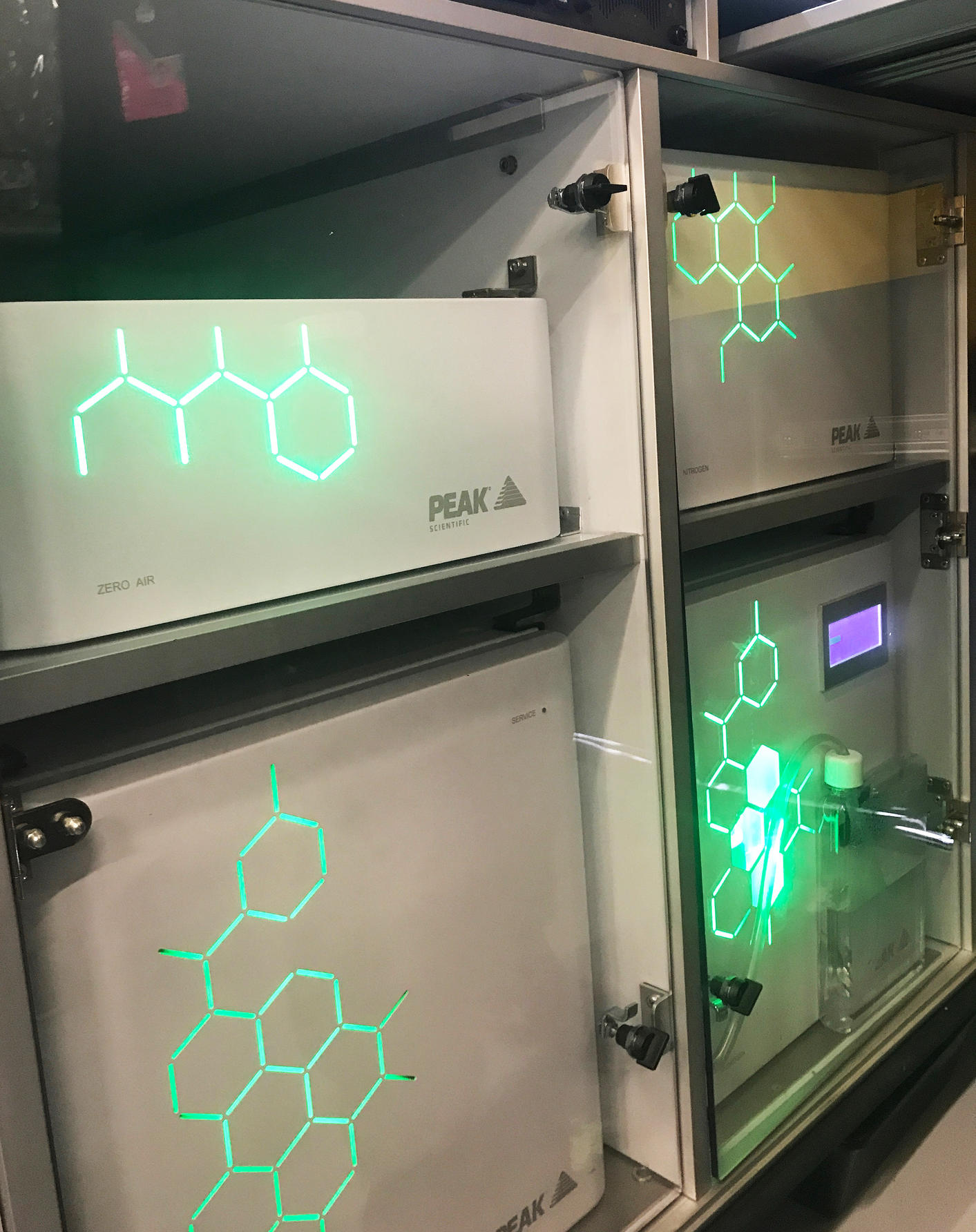
Only by working with a major motor manufacturer in this way can we maintain a pace of development essential to helping us constantly improve our road-going lubricants. And ultimately, of course, that is our objective.” Seb Hirsz is a Senior F1 Technologist at Pangbourne and plays a crucial part in supporting Renault Sport Racing through the constant evolution of race-specification Castrol product. Hirsz supplied Marcello with the insight to illustrate Pickford’s points.
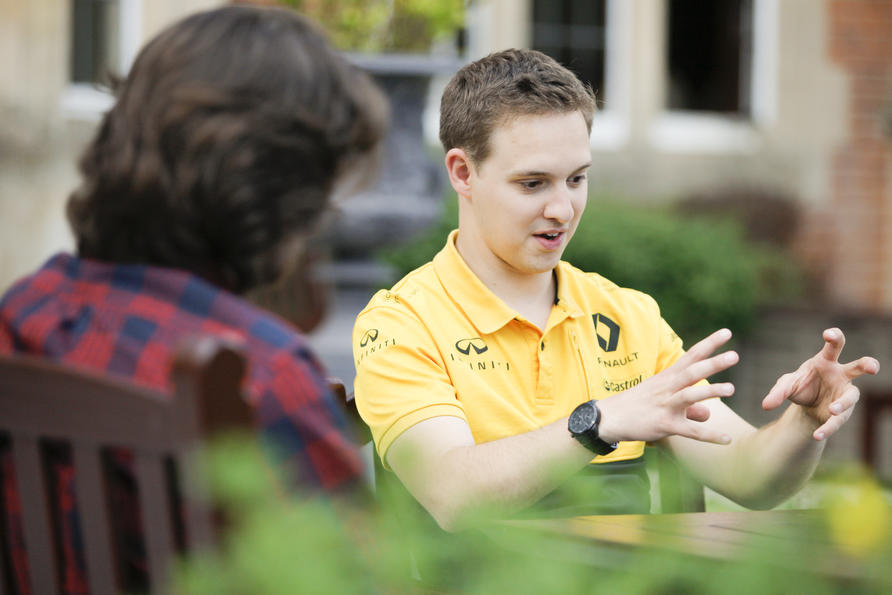
The majority of Hirsz’s work takes place at Pangbourne where he also relies on the skill and application of colleagues such as Jenna Hill, a Development Technician. Hill is responsible for producing the initial samples of any new formulation Seb arrives at, following feedback from Renault Sport Racing and Castrol’s trackside team. This is the pace of development Will Pickford refers to, and the research rationale behind Castrol’s participation in Formula One.
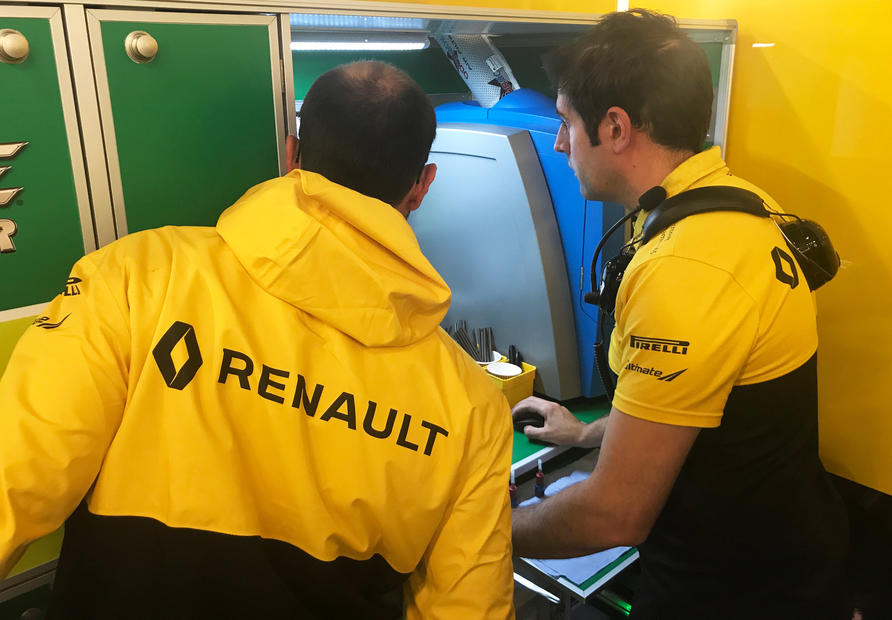
And behind Castrol’s pursuit of perfection is the need to maintain those same high standards across every product it produces. Whether it’s the work Castrol does with the Renault Sport Formula One team or the Castrol EDGE product you – or your preferred workshop – use in your own car, working in partnership this way is as relevant today as it was when Charles Wakefield first founded the company.
Featured

Trending this week
- Car Review
BMW iX3





